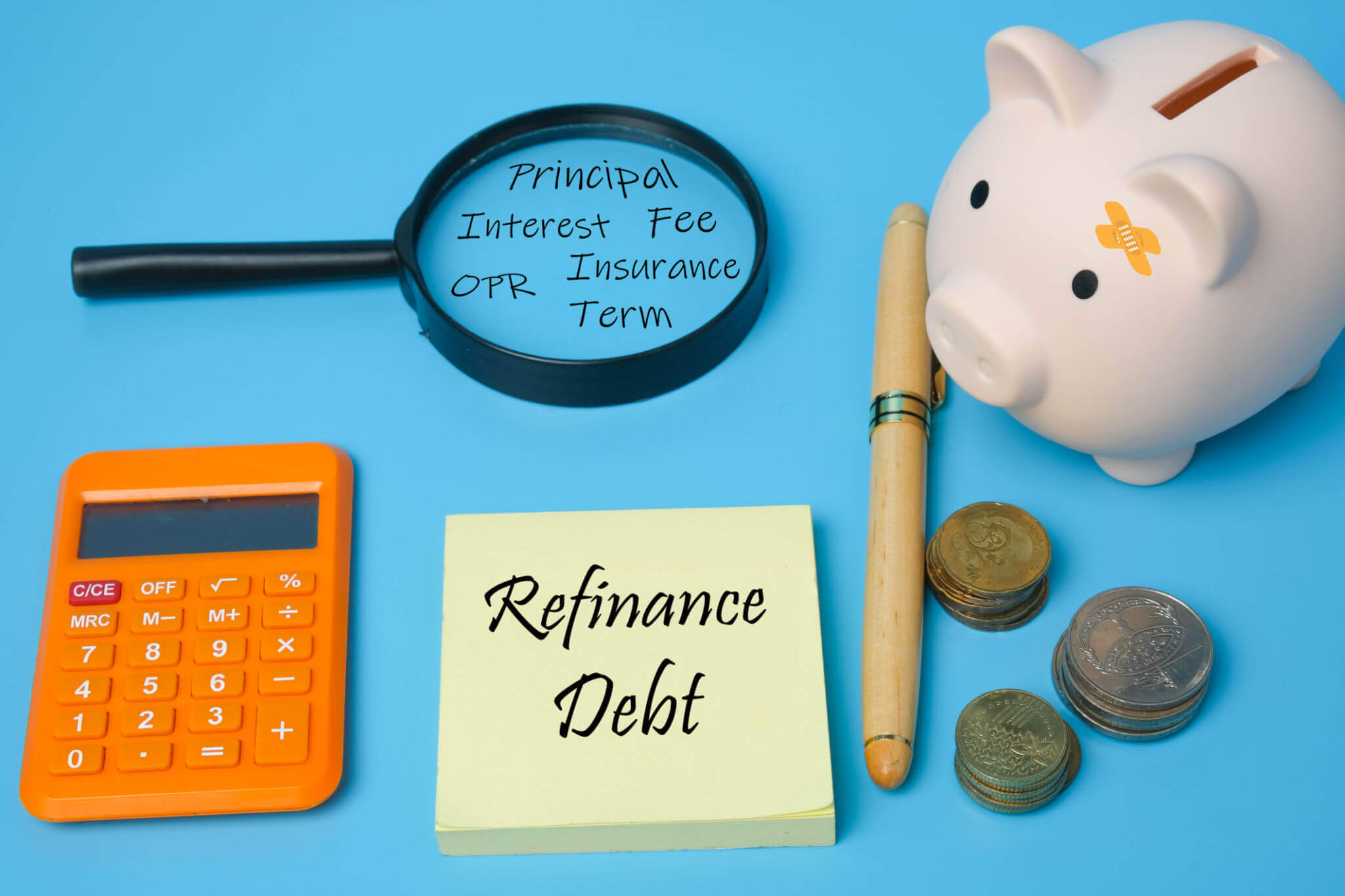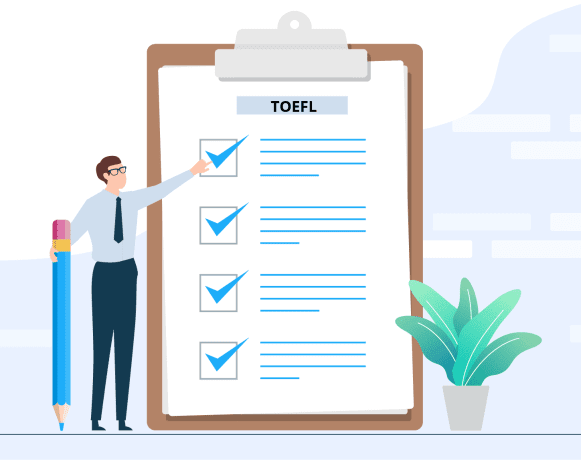

A loan against property is a secured loan you can take by pledging your residential property, commercial property, or a plot of land as collateral. With such a loan, you can secure a loan amount of up to a certain percentage of your property’s value. Lenders also offer low processing fees and affordable interest rates on the loan. The best part? These loans can be used freely, without specifying the end-use to the lender. This means they can easily cover all your expenses - education costs, home renovation, vacations, and more.Like most other loans, finding the best loan against property deal starts with choosing the right lender.
However, when lenders offer different loan plans and terms, how do you know which one to choose? Well, at Finbros Capital Advisory, we help you with just that. Whether you are looking for a loan against residential property or a loan against commercial property, we help you find the best deals. We support you with all the information you need to apply for a loan against property online. And that’s not all. We guide you at every step of the loan process, from form submission to paperwork, till you get the funds in your account.
A loan against property helps you cover expenses of any kind, no matter how big.
The place you’ve always called home needs an upgrade now and then. Give your house a face-lift with an easy home loan against property. This loan covers all your home remodelling costs, from a kitchen upgrade to balcony extension, without leaving a hole in your pocket.

Higher education often requires a substantial amount of funds. Using up your savings to pursue education is not a financially wise move. Use a loan against property to manage your costs of tuition and living easily. Enjoy affordable interest rates and quick approvals with a variety of lenders.

If you’re planning to expand your business, you need adequate capital to pay for expenses like utilities, rent, salaries, and more. A loan against property can help you easily cover these costs. These secured loans are available on competitive interest rates and easy terms. Scale your business with feature-rich loans offered by several lenders.

You can also use a loan against property to finance the purchase of a flat or property. Some homeowners choose this route for buying a home when they are not able to get a home loan for buying additional property. You can pledge either commercial or residential property to avail a loan against property for this purpose.

When you’re planning your dream wedding, you only want the best. Before you know it, wedding costs pile up quickly. Thankfully, a loan against property can take care of all the costs associated with your big day. Be it a grand venue or the best makeup artist, fund all your expenses with a loan against property.

Don't wait to save up enough before you can finance your next vacation. Get a loan against property to pay for all travel expenses, big or small. Jet off to exotic foreign lands you’ve always wanted to visit with an easy loan against property.

A Loan Against Property can be availed of by anyone, whether you are a salaried employee, government employee, or a working professional. All you have to do is fulfill basic eligibility conditions laid out by banks and NBFCs. While personal loan eligibility conditions can differ across banks and NBFCs, here are some standard criteria you must be:
Use our Loan Against Property eligibility calculator to ascertain your loan eligibility and apply for a loan.
Here are the steps required to apply for a loan against residential property or commercial property. Connect with us to explain your loan requirements
Next, we curate the best loan against property offers for you.
After you choose a product that meets your needs, you need to apply for a loan against property online. Submit the required documents and complete all formalities on the lender’s website.
We guide you through the entire process and help you file the application. Next, the lender will verify your application.
Upon verification, the lender sanctions your loan and disburses the funds in your account.
| Bank Name | Minimum Rate Of Interest(%) | Loan Amount | Loan Tenure | Minimum Processing Fees | Apply Now |
|---|
Disclaimer: The loan amount, loan tenure, processing fees, loan interest rate & other credit factors may vary from case to case & are subject to change according to the lender & government policies. (This DISCLAIMER can be used for all the loan products)
The processing fee on a loan against property is a one-time charge made to the lender during the submission of the loan application form. It is usually 0.5-2% of the total loan amount.
This amount goes towards the lender’s administrative costs in processing and sanctioning your loan. Usually, this amount is deducted from your loan amount before the lender disburses the funds. Finbros Capital Advisory helps you compare different options and find the right loan against property with the lowest processing fees.

An EMI calculator helps you determine the monthly EMI payable on your loan against commercial property or residential property. All you need to do is enter details like loan amount, tenure, and interest rate. The calculator will automatically display the total EMI amount and interest payable. In this manner, you can choose a loan plan that matches your repayment ability. Before applying for any loan, it is advisable to run the numbers through an EMI calculator.


Virtually any resident Indian can take a loan against property, provided they meet the requirements specified by the lender.
The standard loan against property eligibility criteria is as follows.
Salaried professional or self-employed
![]() Aged between 21 and 60 years.
Aged between 21 and 60 years.
![]() Having a minimum of 2 years of experience if you are a salaried individual.
Having a minimum of 2 years of experience if you are a salaried individual.
![]() Having a minimum of 3 years of experience if you are self-employed.
Having a minimum of 3 years of experience if you are self-employed.
![]() Having a minimum annual income of Rs. 3 lakhs for both salaried and self-employed individuals.
Having a minimum annual income of Rs. 3 lakhs for both salaried and self-employed individuals.
Can’t ascertain your eligibility? Use our loan against property eligibility calculator today.
You can apply for loan against property online to take care of any financial need. You can take care of costs like wedding expenses, travel, debt consolidation, home renovation and more with this loan.
Here are some reasons to take a loan against property.
You can get a higher loan amount.
You can enjoy lower interest rates.
You can benefit from extended loan repayment tenures.
You can avail of tax benefits on interest payments, and more.
Most banks and NBFCs grant you a loan against property in India depending on the value of your property. Usually this amount is upto 60-80% of the total value of your property.
Yes, you can get a loan against property. In this case, all the co-owners of the property will be co-applicants of the loan.
The eligibility criteria specified by most lenders are as follows:
1. You must be salaried or working professional.
2. You must be between 21 and 60 years of age.
3. You must have a job and a minimum of 2 years of work experience.
4. You must have a minimum annual income of Rs. 3 lakhs.
In order to get a loan against property, you must ensure that the property being mortgaged does not have an existing mortgage or loan, is insured and is free of any litigation.
The property fees and additional charges vary depending on the bank or NBFC you get a loan with. These can amount to 1-2% of the property value.
The EMIs payable depend on three factors: the principal amount, the tenure and the interest charged on it. You can calculate the EMI using the loan against property EMI calculator.
Most banks and NBFCs provide a loan against property in India at a fixed or a floating interest rate.
Fixed Interest rate: Here, the interest rate stays the same throughout the loan tenure. So, you can plan loan installments and get your funds in order ahead of time. Doing this reduces the financial stress caused due to irregular EMI payments. The drawback? Since the loan interest rates stay the same throughout the tenure, the interest doesn’t change even if the banks lower their lending rates.
Floating Interest rate: Here, the interest rate varies as per the RBI-prescribed repo rate. In other words, the interest varies according to market fluctuations. This means if the market rates go down, borrowers get to enjoy a lower interest rate, while if the market rates go up, borrowers will have to pay higher interest on their loans. Even so, market volatility is usually transient. This means the interest component will reduce again once the market stabilises. One of the biggest disadvantages of floating loan interest rates is that the EMIs vary throughout the loan tenure. This makes predicting the loan EMIs and allocating sufficient funds to repayments more difficult.